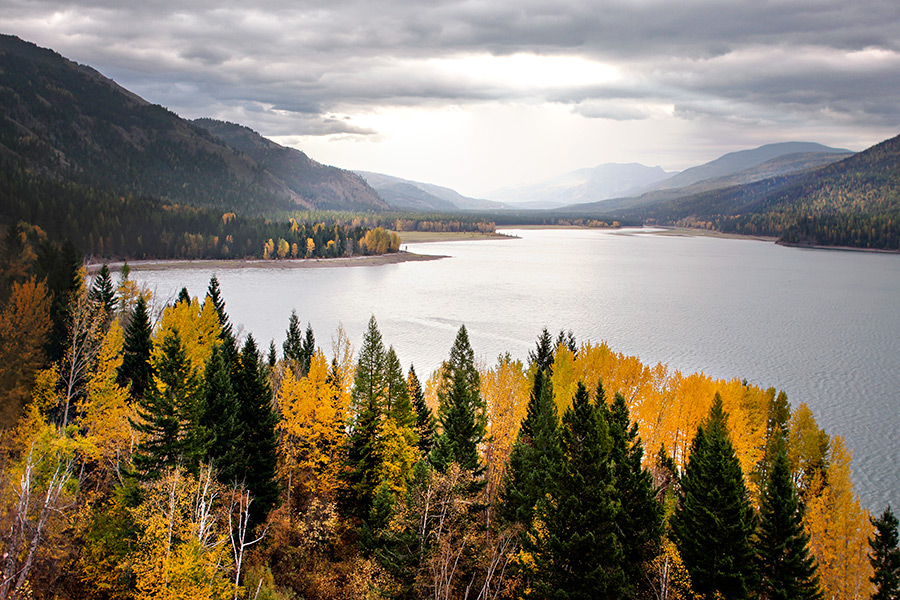Flathead National Forest officials have approved a logging and forest restoration project on the east side of Hungry Horse Reservoir, finding that the Betty Baptiste Project poses no significant environmental impact.
The 22,800-acre project area includes portions of the Hungry Horse and Spotted Bear Ranger Districts, and includes harvesting nearly 1,000 acres of commercial timber, 573 acres of pre-commercial thinning, and nearly 700 acres of prescribed ecosystem burning.
The plan also calls for replanting about 260 acres of land with western white pine, ponderosa and mixed conifers.
With the release of the Flathead National Forest’s decision, the project enters a 45-day objection period during which individuals who have submitted previous comments during the scoping period may object.
The project requires 2.7 miles of temporary roads, building berms on three miles of road and reclaiming six miles of road.
The purpose of the project is to increase forest structural diversity and reduce stand densities, restore western white pine and western larch, improve forest resiliency, and maintain timber productivity. The proposal includes road management actions to reduce sediment, improve road drainage, and improve fish passage at stream crossings, as well as trail and trailhead reconstruction, vista creation along the East Side Reservoir Road, and removal of hazard trees in camping areas to improve visitor safety and recreation experience.
The project was first proposed in 2012.
The updated Environmental Assessment, Finding of No Significant Impact, and draft Decision Notice are available online at www.fs.usda.gov.
The project area covers the Logan Dry Park grizzly bear management subunit, and would lead to the closure of old logging roads, which conservation advocates applauded.
However, Keith Hammer, executive director of the Swan View Coalition, said he’d like to see the project modified for more roads to be decommissioned and revegetated, and doesn’t think tying road removal to a timber sale is a smart idea in the current economic climate.
He said the environmental assessment “relies on far-flung research and anecdotes to suggest that bears are not displaced by restricted roads.”
“Even roads closed to motorized vehicles displace grizzly bears,” Hammer wrote in the Swan View Coalition’s comments on the project.
